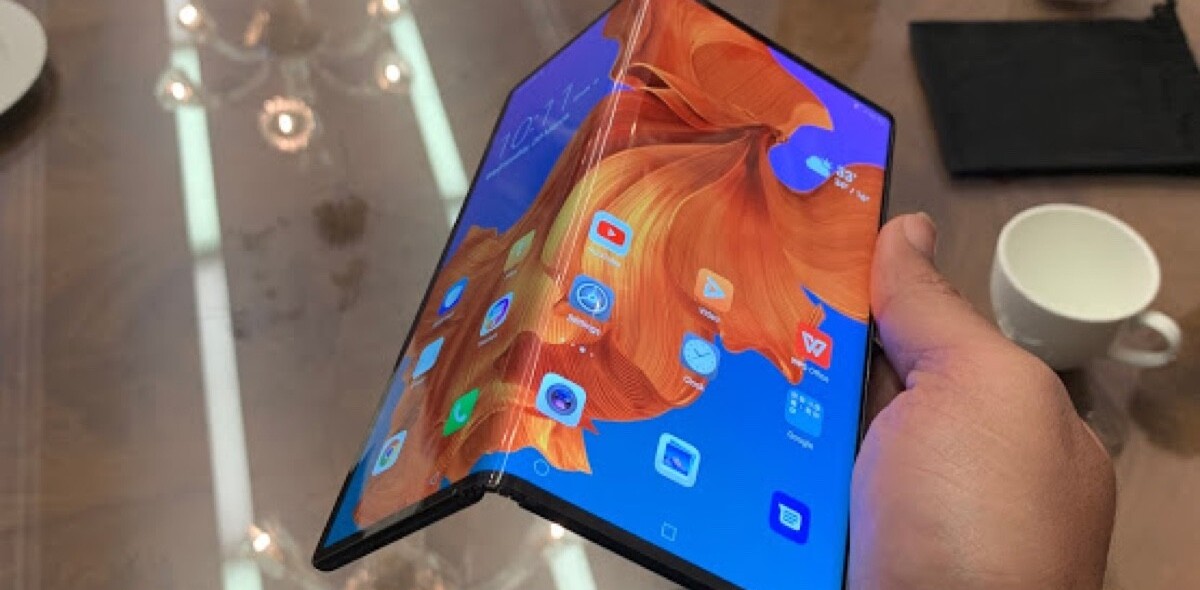
There’s yet another tech industry group focused on the internet of things in town. Samsung has partnered with Atmel, Broadcom, Dell, Intel and Intel-owned Wind River to launch the Open Interconnect Consortium, an organization aiming to create engineering standards to help electronic devices ‘talk’ to one another — e.g. controlling your Samsung fridge from an Intel-powered smartphone.
Consumers can already control their smart (Nest) thermostat from their phone or message their LG washing machine, but the internet of things promises to make this kind of activity possible across any platform and using devices from different companies.
Already we have the Industrial Internet Consortium, which was founded by Intel, and Qualcomm’s AllJoyn initiative, not to mention the Linux-led AllSeen Alliance — so why another?
The initial aim of this new project is to create an open-source code that help turn the internet of things from a (much hyped and poorly named) theory into a reality that benefits consumers, as it explains on its website:
There are multiple proposals and forums driving different approaches… but no single solution addresses the majority of key requirements.
There’s no code yet, but the group says that each member will contribute engineering time and software to provide a first product in the third quarter of this year, according to an interview with GigaOm.
The first code will focus on enabling ‘smart home’ and ‘smart office’ connectivity, the practicalities of which are explained by the group:
The specifications could make it simple to remotely control and receive notifications from smart home appliances or enterprise devices using securely provisioned smartphones, tablets or PCs. Possible consumer solutions include the ability to remotely control household systems to save money and conserve energy.
In the enterprise, employees and visiting suppliers might securely collaborate while interacting with screens and other devices in a meeting room.
The consortium is very much similar to Qualcomm’s own initiative, albeit with a focus on open standards rather than a lock-in to a vendor’s own solution — the latter being Qualcomm’s take on things.
While industry bodies often don’t translate into actual solutions for end-users, the initiative appears to be a positive development for the tech industry as it shows companies working together with a goal in mind, albeit one that might leave Qualcomm on the outside.
Headline image via sweetlabs / Flickr
Get the TNW newsletter
Get the most important tech news in your inbox each week.






